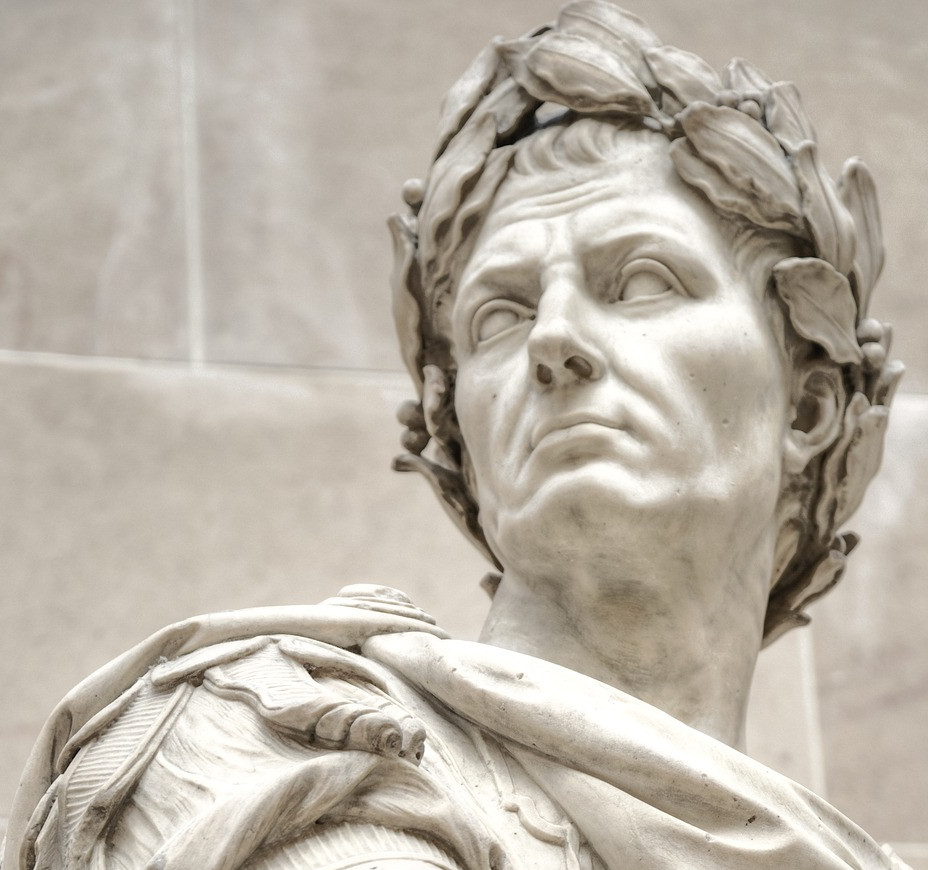

When they told this, they made the Senate, already hostile towards the Carthaginians, even more hostile. But Hamilcar's son Gesco, a riotous man who occupied an office, provoked the populace to wage war against the Romans, so that when the Senate announced it would comply with the Roman wishes, the envoys had to flee to escape violence.

They rebuked the Carthaginian Senate because it had, contrary to the treaty, collected an army and timber to build ships, and proposed to make peace between Carthage and Massinissa, because Masinissa was evacuating the contested piece of land. Publius Cornelius Nasica defended the opposite, and it was agreed that envoys were to be sent to Carthage, to see what was going on. It was said that a very large Numidian army, commanded by Arcobarzanes, son of Syphax, was on Carthaginian soil, and Marcus Porcius Cato argued that although this force was ostensibly directed against Massinissa, it was in fact against the Romans, and that consequently, war had to be declared.

The causes of the Third Punic War are described. The censors performed the lustrum ceremony. Several praetors were charged with peculiation and condemned. The cause of this change in the date of the elections was a rebellion in Hispania.Įnvoys sent to negotiate between the Carthaginians and Massinissa said they had seen lots of timber in Carthage. In the five hundred and ninety-eighth year after the founding of the city, the consuls began to enter upon their office on 1 January. It also contains an account of several unsuccessful campaigns in Hispania by various commanders. Consul Quintus Opimius subdued the Transalpine Ligurians, who had attacked two towns of the Massiliots, Antipolis and Nicaea. Consul Gaius Marcius fought against the Dalmatians, at first unsuccessfully, later with more luck.The reason for going to war was that they had attacked the Illyrians, allies of the Roman people consul Cornelius Nasica subdued the Dalmatians. King Ariarathes of Cappadocia, who had been expelled from his kingdom on the initiative and with troops of king Demetrius of Syria, was restored by the Senate.Ī delegation was sent by the Senate to settle a border dispute between Massinissa and the Carthaginians. The first man in the Senate was Marcus Aemilius Lepidus.Ī treaty was negotiated between the two Ptolemaean brothers. The claims of the religious authorities were stronger than that of the magistrates. Praetor Gnaeus Tremellius was fined, because he had illegally opposed pontifex maximus Marcus Aemilius Lepidus. The Pomptine marshes were drained by consul Cornelius Cethegus, to whom this task had been assigned, and converted into arable land. Although he had brought back immense treasures from Hispania and Macedonia, his scrupulousness had been so great that when an auction was conducted, the dowry of his wife could hardly be repaid. Lucius Aemilius Paullus, who had defeated Perseus, died. Together with his tutor Lysias, this boy Antiochus was killed by Demetrius, the son of Seleucus, who had been a hostage at Rome, had secretly from Rome because he had not been released, and was accepted in this kingdom. It also contains an account of various battles with various outcomes against the Ligurians, Corsicans, and Lusitanians, and an account of the turmoil in Syria after the death of Antiochus, who left behind a son named Antiochus, a mere boy. When Ariarathes, king of Cappadocia, was dead, his son Ariarathes accepted the kingdom and renewed the friendship with the Roman people through envoys. When king Ptolemy was expelled from his kingdom by his younger brother, envoys were sent to the latter, and the former was restored. The first man in the Senate was Marcus Aemilius Lepidus. At their request, an alliance was concluded with the Rhodians. To prevent him appearing to be considered an enemy, if he was not permitted to enter, or acquitted, if he was admitted, a general law was passed that no king could be permitted to enter Rome.Ĭonsul Claudius Marcellus subdued the Alpine Gauls, consul Gaius Sulpicius Gallus the Ligurians.Įnvoys of king Prusias complained that Eumenes ravaged their territory and said that he conspired with Antiochus against the Roman people. King Eumenes, who had taken an ambiguous stance during the Macedonian war, came to Rome.


 0 kommentar(er)
0 kommentar(er)
